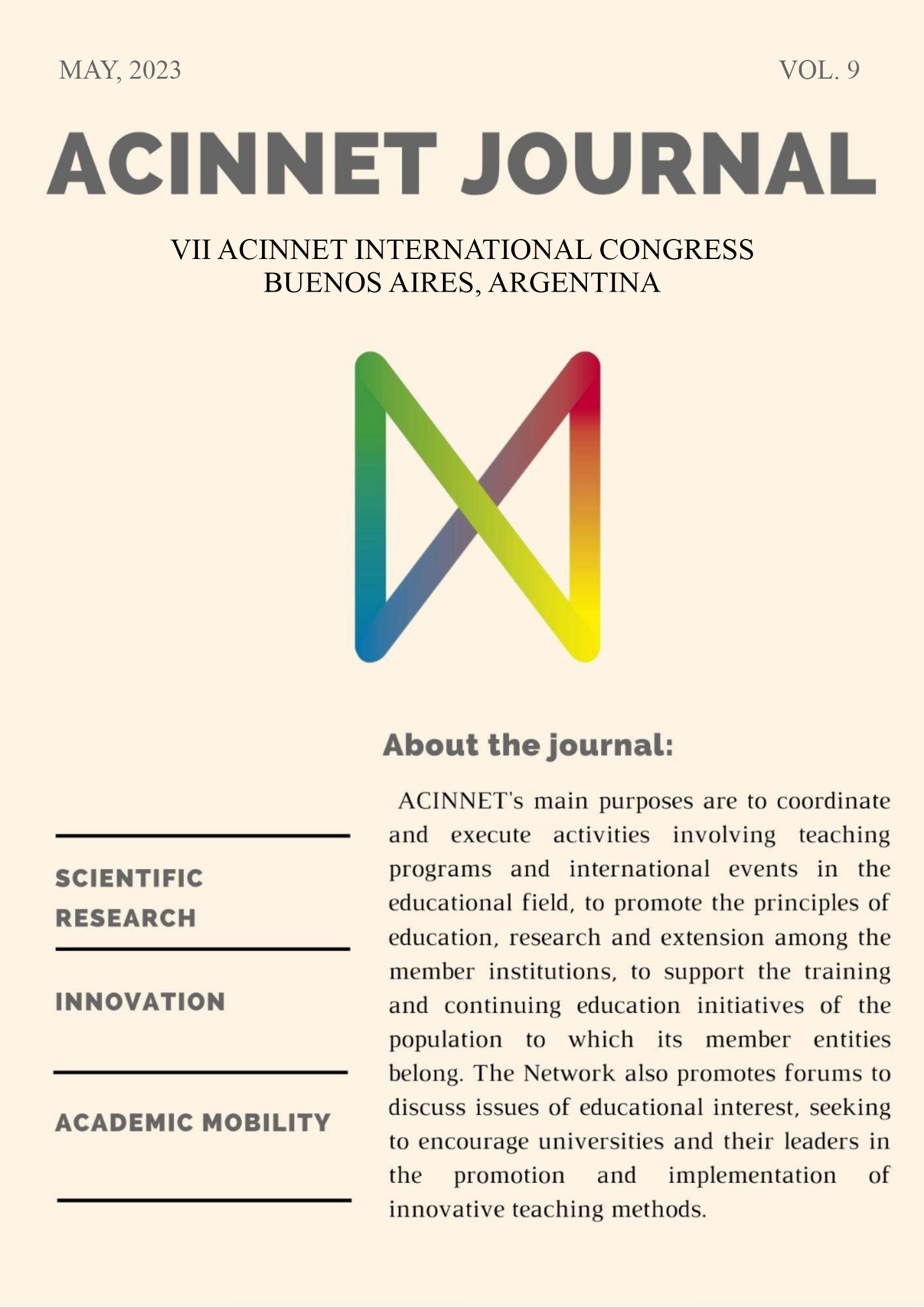FAVELA INOVA - THE STRENGTH OF STARTUPS WITHIN VULNERABLE COMMUNITIES IN BRAZIL
Keywords:
Social Impact, Entrepreneurship, Innovation, SDGs, StartupsAbstract
Entrepreneurship in Brazil has grown with the worsening of global social issues, however, favelas play a key role in the economy at the bottom of the pyramid. There is power that can be used to foster business through entrepreneurship and innovation, especially in vulnerable locations. The objective of this article is to demonstrate how the FAVELA INOVA program was built, which is a social technology to generate income and employability for communities, as the money generated by solutions created by favela entrepreneurs circulates and is reinvested by residents, to develop improvements in the community. community itself. The article demonstrates that social technology can be beneficial to slum entrepreneurs in any territory in the world, with a view to local development in connection with solutions to global problems. The program positively impacts young people on factors related to social, economic, and environmental issues in the most vulnerable communities.



